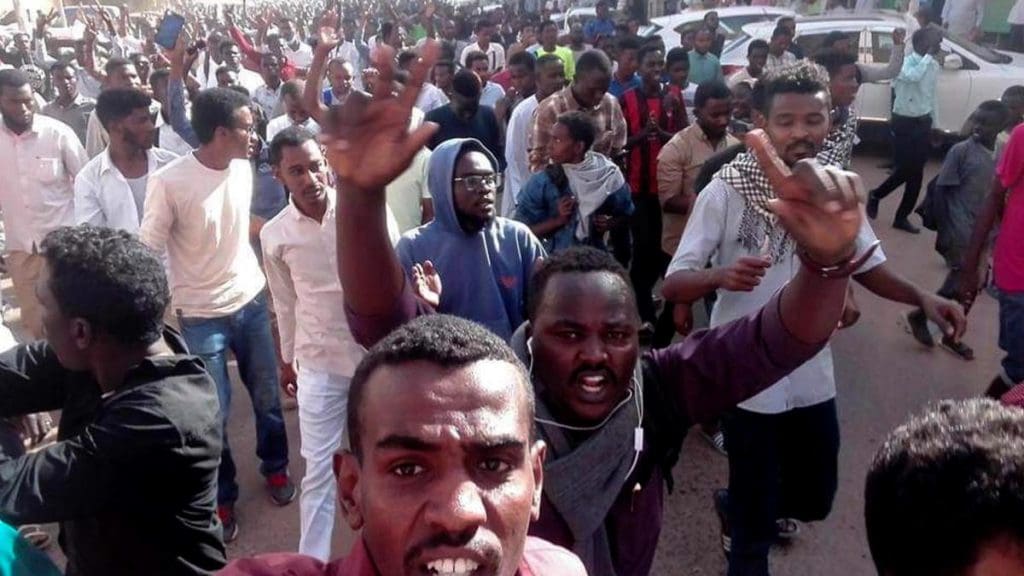On Thursday, February 3, 2022, the military authorities in Sudan once again cracked down on demonstrators demanding the restoration of democracy.
Sudanese citizens are not disappointed. They want a return to a democratic regime and seem ready to pay the price. Yesterday in the capital Khartoum, thousands of people took to the streets to denounce the putsch of General Abdel Fattah al-Burhan.
The protesters also want justice for the dozens of people killed in the crackdown since the October coup. But they were fired on with tear gas, despite criticism and threats of sanctions from abroad.
The protesters were estimated at 2,500, according to AFP. They had gathered to demand justice for the 79 of them killed since the October 25 coup, almost all of them by bullets to the head or chest, according to a pro-democracy doctors’ union. Crowds continued to boo military rule as security forces fired tear gas canisters in response.
At the same time, General Abdel Fattah al-Burhan, the author of the coup and now the sole leader of the country, three years after the removal of another general, the dictator Omar al-Bashir, was received by the UN envoy to Sudan, Volker Perthes. He once again urged him “to stop the violence on demonstrations,” according to the authorities.
Military conditions
While Washington has frozen $700 million in aid and the World Bank frozen all payments to Sudan in the wake of the coup, the human rights NGO Human Rights Watch (HRW) says “concrete measures are needed to stop the repression.” U.S. Assistant Secretary of State Molly Phee recently threatened to “make the military leadership pay an even greater cost if the violence continues.”
The pressure continues to mount on the Sudanese junta. Coup general Abdel Fattah al-Burhan has for the first time mentioned conditions for returning power to civilians, while the Resistance Committees have announced a continued popular mobilization to bring him down.
“If they agree and sit down with us, we are ready to join them and have a dialogue with them. They may even decide to cut our necks and we would be ready for that. What matters to us is the agreement of all Sudanese, after which we will transfer the ‘entrusted power’ to them through elections or a national agreement,” he told the Sudan Tribune news site.
ODL/cgd/fss/abj/APA


